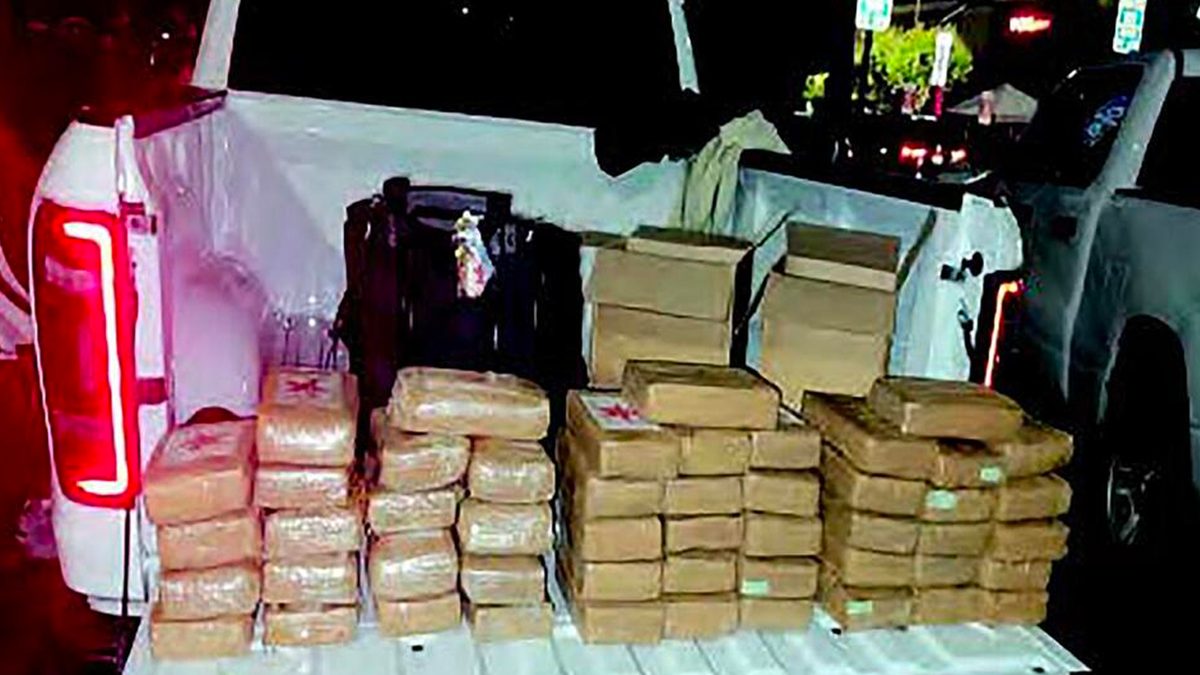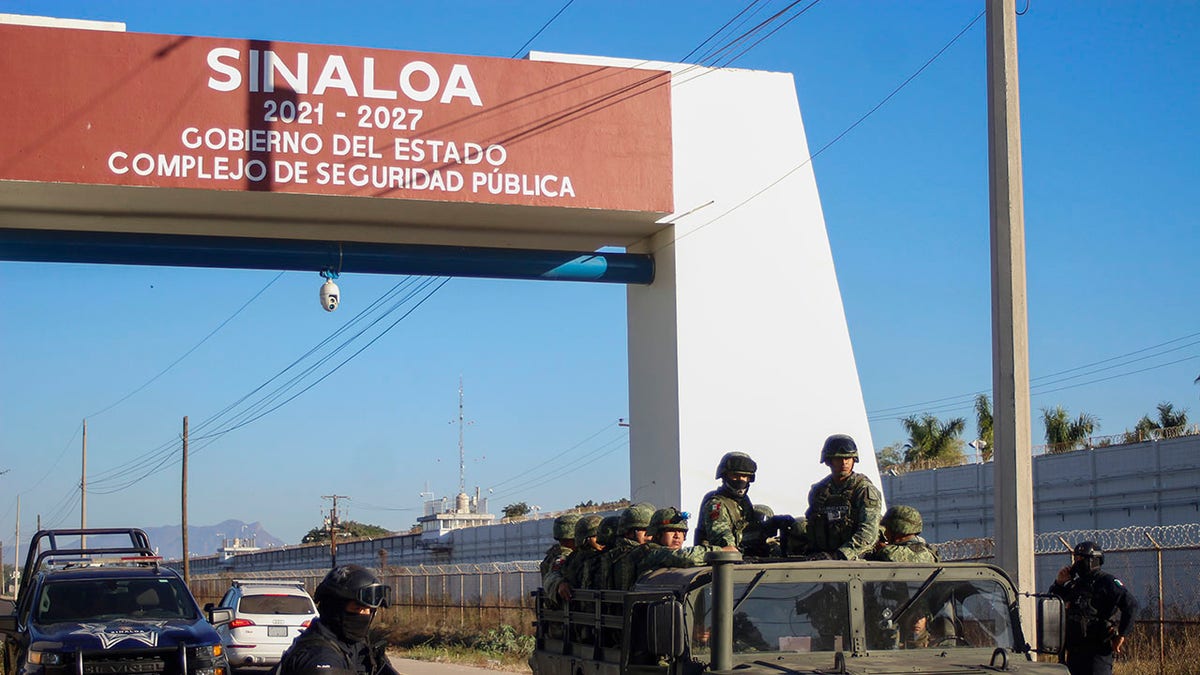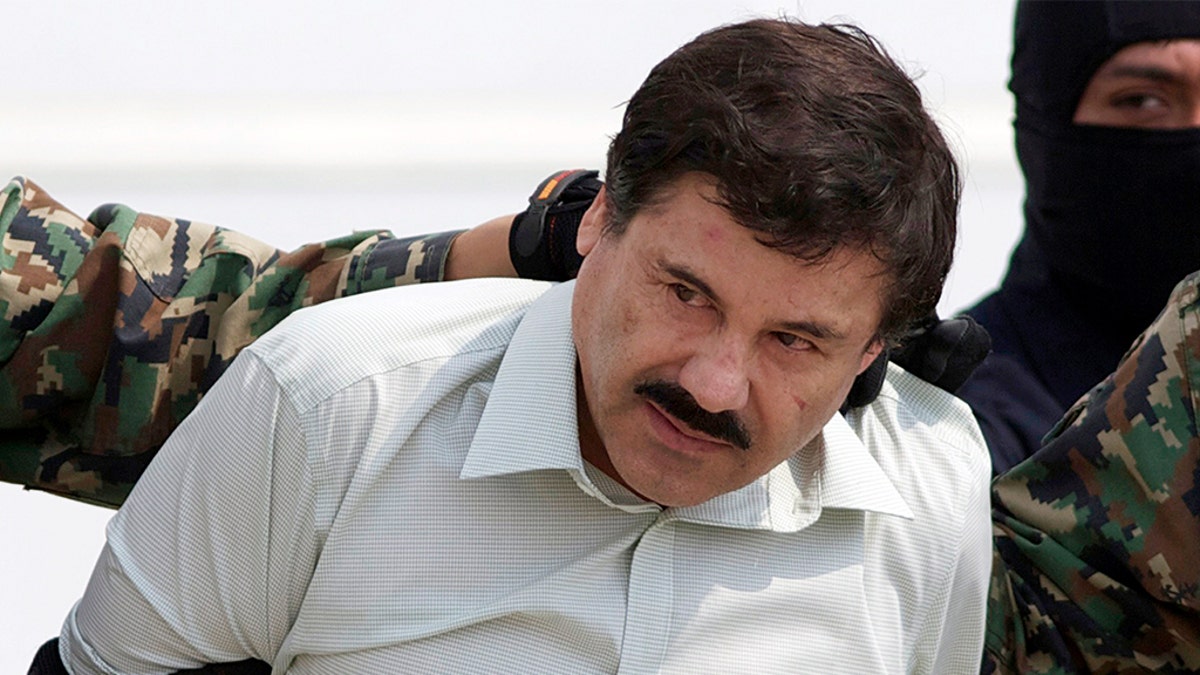The Sinaloa Cartel's influence stretches far beyond major U.S. cities, deeply impacting smaller communities across the nation. Brian Townsend, a retired DEA supervisory special agent, reveals the cartel's pervasive presence, describing it as being "woven into the fabric of our communities."
Contrary to popular belief, the cartel's reach extends beyond urban centers and into rural areas, creating a more widespread and damaging impact than many realize. Townsend highlighted key Sinaloa strongholds like Chicago, Los Angeles, Phoenix, Tucson, Dallas, Atlanta, and New York City, emphasizing that these hubs serve as distribution points, radiating their influence outward into smaller communities.
The DEA has declared the current fentanyl and methamphetamine crisis the "most dangerous and deadly drug crisis" in U.S. history, placing the Sinaloa and Jalisco Cartels at its core. Tragically, drug overdoses claim approximately 300 lives daily in the U.S.
Townsend explains how the Sinaloa Cartel collaborates with chemical suppliers, primarily in China, obtaining raw materials at minimal cost. These materials are then shipped to various locations for fentanyl production and subsequently smuggled into the United States. This highly profitable operation, Townsend notes, comes at the expense of American lives.

National security lawyer Irina Tsukerman compares the Sinaloa Cartel's impact to that of the Sicilian mafia families, highlighting cities like Chicago, Denver, and Oklahoma City as major operational hubs. Tsukerman describes the cartel as a "shadow state" waging a deadly war against the American people.

Controlling the Supply Chain
The Sinaloa Cartel's power stems from its control over every stage of the drug supply chain, from importing cocaine from South America to cultivating heroin in Mexico's Golden Triangle and manufacturing fentanyl in clandestine labs using chemicals sourced from China. This control allows them to maximize profits and ensure the potency of their deadly products.
Methods of Operation
The cartel utilizes various methods to maintain its grip, including shell companies disguised as legitimate businesses, cross-border cash smuggling, cryptocurrency transactions, and trade-based money laundering.

Organizational Structure
Unlike traditional hierarchical structures, the Sinaloa Cartel operates on a franchise model, empowering individuals at all levels to make significant decisions, even without direct oversight from top leadership. This decentralized structure allows for rapid adaptation and continued operation even with key figures incarcerated, like Joaquin "El Chapo" Guzman.

Terrorist Designation
The Trump administration's move to designate several criminal groups, including the Sinaloa Cartel, as foreign terrorist organizations aims to provide law enforcement with additional resources and strengthen the U.S. government's negotiating position with Mexico. While acknowledging the potential benefits, Townsend advises caution, recognizing the complexities of such a designation.
Comments(0)
Top Comments